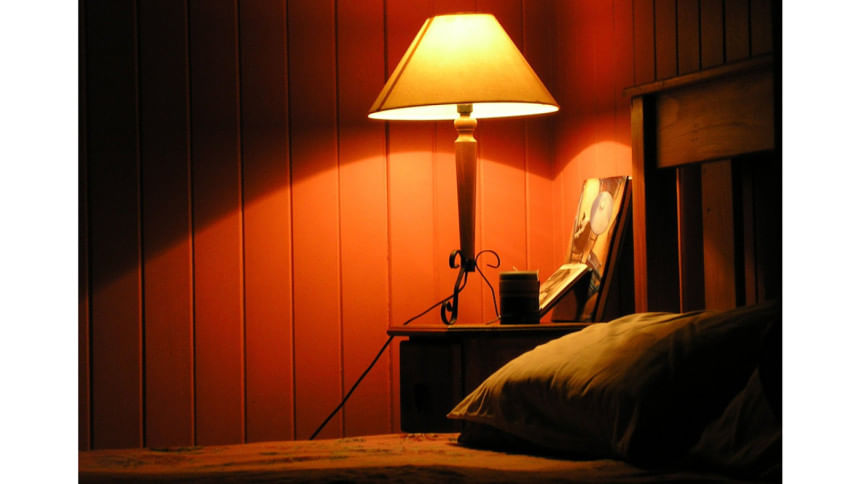Sleep with lights on? Here's how it can harm your health

A new research in the US has revealed that exposure to artificial light at night worsens glucose and cardiovascular regulation.
Based on findings, the study suggested that sleeping with the light on might be linked to an increased risk of heart disease and diabetes, The Guardian reported.
Our body's internal clock runs an array of biological processes including temperature regulation and release of hormones. The clock synchronises to the external day-night cycle using light as a key signal, according to The Guardian report.
Keeping lights on at night might cause problems for the body, numerous studies previously suggested, including having association with obesity among women and type 2 diabetes among elderly people.
Exposure to bright daylight and dim light at night could help people with pre-diabetes control their blood sugar levels, according to a recent research in the Netherlands.
The new research, conducted at the Northwestern University Feinberg School of Medicine, revealed that exposure to artificial light at night while sleeping keeps the body more alert and impairs its glucose and cardiovascular regulation, compared to those who sleep in the dark, The Guardian report says.
"We found that light – even [a] modest amount – increases activation of the autonomic nervous system, which we postulate increased heart rate and decreased insulin sensitivity," said Dr Phyllis Zee, co-author of the study.
The study findings were published in the Proceedings of the National Academy of Sciences.
In the research, the glucose tolerance and heart rate of 20 people were studied over two nights. Of them, 10 spent both nights sleeping in dim light, while the other 10 spent one night in a room with dim light and the other night in a room with around 100 lux overhead lighting, which is almost similar to a cloudy day.
All the study subjects had similar levels of the sleep-promoting hormone melatonin. However, those who spent one night with lights on had higher insulin resistance in the next morning, alongside higher heart rate and lower heart-rate variability, the findings revealed.
"Because we only studied one night and in a healthy group, we are unable to say if these are clinically significant," said Dr Zee. "However the change in insulin would be considered a physiologically significant change that may translate into risk for disease."
It was not surprising that having lights on while sleeping could have such effects, according to Prof Jonathan Cedernaes from Uppsala University in Sweden.
Prof Cedernaes, who was not part of the study, however cautioned that the new research was not substantial enough to be conclusive and called for further study into the matter in other conditions.
"Light is the strongest signal to our circadian pacemaker that controls rhythms in physiology and behaviour, including in metabolism," he told The Guardian.
The team behind the new study previously revealed that our metabolism may have a specific impact from blue-enriched light.
Nonetheless, Prof Cedernaes agreed that people – especially those doing shift work – should try to have their sleeping environment as dark as possible.

 For all latest news, follow The Daily Star's Google News channel.
For all latest news, follow The Daily Star's Google News channel. 



Comments